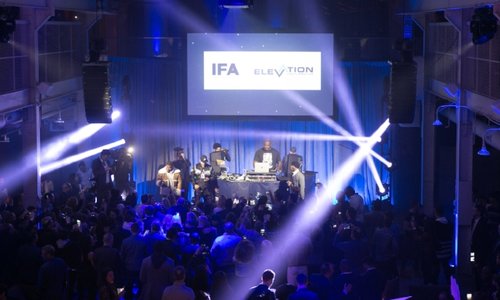Huzzah! Rock Bands at your Event (The Do's and the Don'ts!)
"Welcome to the Jungle!"
is a common phrase crooned by rock bands from New York to California. Hiring a rock band to perform at your corporate or non-profit event is a great way to "amp up the energy" (awful pun intended). But there are some things you should consider before you sign up the "Grateful Shreds Experience" (or whatever) for your next event.
Here are 5 things to consider when bringing in a live band.
A handy dB chart from The Hearing Foundation of Canada
1 - The Volume
A handy dB chart from The Hearing Foundation of Canada
This is a big one folks! Volume plays probably the biggest and most destructive role when a band is performing. Chants of "MORE, MORE, MORE!" from the front of the room drown out the cries for "LESS, LESS, LESS!" in the back. Not everyone wants to get face punched by ear splitting noise while attempting to network with their colleague.
Find a band with a good manager (or management company) that is willing to listen to your unique needs for volume. Allow them to be honest about their bands performance standard and whether it's a "Loud" or "Less Loud" performance. (My point there is, they are all somewhat "loud"-it's Rock Music y'all...) Make sure the management understands what room they are playing in, what size group they are playing to, and any other special circumstances there may be.
Volume is typically measured in decibels (dB). This measurement describes sound levels at a certain distance from a source which makes it tricky to measure. In the front of a room the sound can be at 100 dB and that value can fall to 85 dB or lower in the back. Check your local city ordinance for sound restrictions for a rating. Here is a link to the Minneapolis Minnesota Page for reference. (Note: If you are producing music outdoors you will likely require a permit!)
Not all rooms are created equal... Make sure you know what room your band will be in!
2 - The Room
Not all rooms are created equal... Make sure you know what room your band will be in!
Make sure, especially if you are producing an event at a private venue or a Hotel that you understand the sound restrictions. Typically, city ordinance will set a baseline for sound volumes, but many venues (especially newly remodeled venues nestled in residential areas) will have stricter standards. Always visit your venue with your AV provider before the event to talk about acoustics in the space. Many new venues are beautiful and inspiring but have large open spaces made of rock, glass, or other reflective surfaces that wreak havoc on sound making for a less pleasant experience. Your tech team can help mitigate these issues and advise you how to inform that band.
Audience members casually "rock out".
3 - The Audience
Audience members casually "rock out".
Your attendees are the most important part of your event. They are the ones who directly benefit from the information, food, ambiance, and entertainment. Find out the makeup of your audience, how have bands been received in the past? If there have been mixed reactions, perhaps plan for an alternative experience for those who don't want to watch the band.
*I should note that there is a "critical mass" that a band needs to retain to provide a good experience. Chances are, if you provide 50 options, you'll spread out your attendees to the point that there won't be enough people watching the band.
4 - The Equipment
The Brothers agree, Strength is important!
The Brothers agree, Strength is important!
Not all sound systems are created equal. Some systems are cheap and sound awful, some systems are prohibitively expensive and sound incredible. Most professional sound equipment is somewhere in between. It's important to find a production provider that you trust to use high quality equipment at a reasonable price. Always ask your band for a technical "Rider" which details any specific requirements they may have.
What If My Band Doesn't Have A Rider? (You May Ask)
If your band doesn't have a rider there is a good chance they are new or unfamiliar with corporate events. Tread carefully! Are you hiring someone's nephew who has a "really great band"? If so, it's important to demand a few things:
Input List - A list of all electronic or acoustic instruments that will need to be plugged into the sound system. This list should number each item (by individual input) and provide details about what microphone is requested.
Plot of where the band members plan to stand onstage. - On a napkin if need be, production companies spend lots of time pre-planning during setup when the band isn't present so when they arrive things go smoothly.
Any other special things (Lighting, Smoke Machine, Bubbles, Costumes, etc...) It's all good stuff for us to know.
A good technician takes their job seriously, Corporate, or rock and roll, it all needs to be heard.
5 - The Sound "Guy" Person...
A good technician takes their job seriously, Corporate, or rock and roll, it all needs to be heard.
This is the Penultimate requirement for a good experience. Hiring a company with a talented sound designer is critical to having a good experience. A good sound engineer (commonly referred to as an "A-1" in the production industry) can assist in the pre-planning phases, control sound volume on-site, and can provide the audience with a pleasant "mix" of all instruments and vocals. Don't skimp here, it's not worth it!
Want to learn MORE?
Signup for our mailing list and we'll send more cool articles your way in the future!





